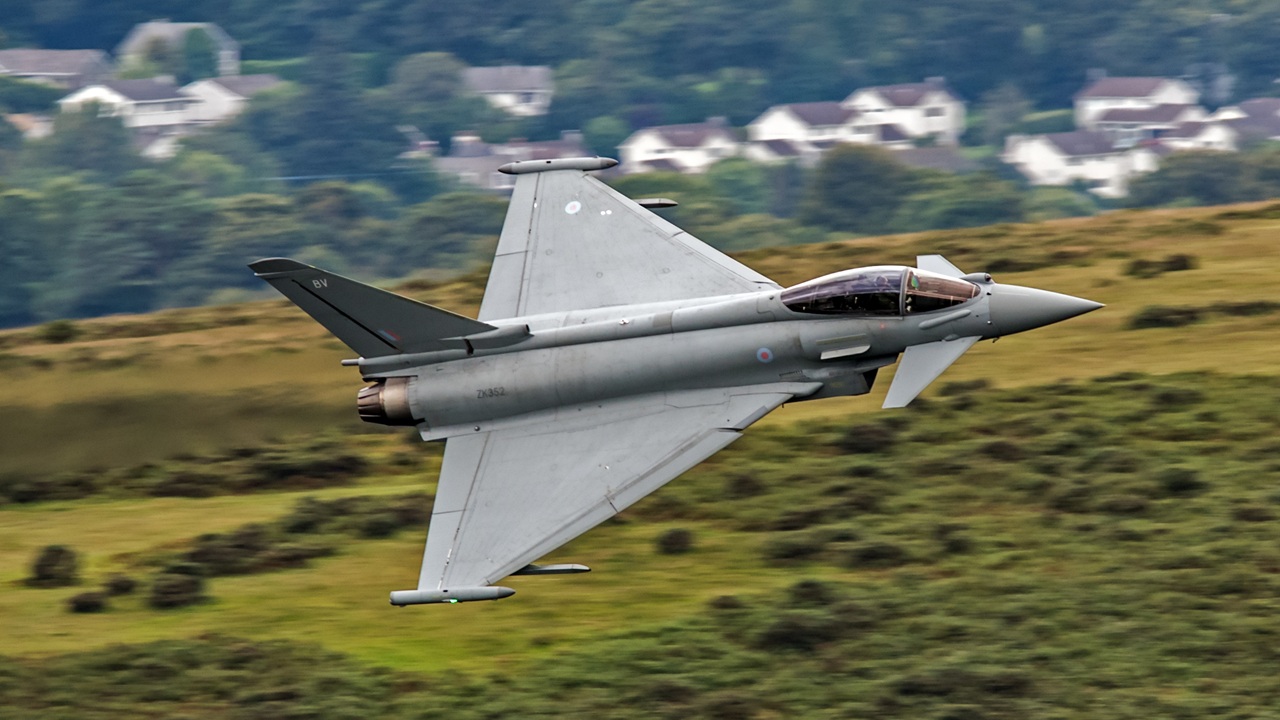Already a subscriber? Make sure to log into your account before viewing this content. You can access your account by hitting the “login” button on the top right corner. Still unable to see the content after signing in? Make sure your card on file is up-to-date.
The United Kingdom and Turkey have officially inked a defense agreement for the sale of 20 Eurofighter Typhoon jets.
Getting into it: The deal, announced during UK Prime Minister Keir Starmer’s visit to Ankara, is valued at up to $10.7 billion and marks the largest British fighter jet export agreement in nearly two decades. Under the terms, Turkey will receive 20 Eurofighter Typhoons by 2030, with an option to purchase more in the future. The jets (which are jointly developed by the UK, Germany, Italy, and Spain) will bolster Turkey’s air force as it awaits the operational rollout of its fifth-generation KAAN fighter. British officials highlighted the economic significance of the deal, noting that it will support around 20,000 jobs across the UK, particularly at BAE Systems facilities in Lancashire and Rolls-Royce plants in the southwest.

Prime Minister Starmer called it “a win for British workers, a win for our defense industry, and a win for NATO security,” while President Erdoğan hailed it as a “new symbol of the strategic relations” between the two countries.
For Turkey, the acquisition comes at a time when it is urgently seeking to modernize its air fleet amid growing regional tensions. Turkey has been waiting for a decision from the United States on a $7 billion request to purchase 40 F-16 fighter jets and modernization kits. That request has been stalled due to political friction in Washington and skepticism over Turkey’s alignment with NATO principles.
A major factor in the US’s reluctance to approve the F-16 sale (and Turkey’s earlier removal from the F-35 fighter jet program) stems from their 2019 purchase of the Russian-made S-400 missile defense system. US officials argue that integrating Russian military hardware into NATO systems could compromise alliance security, particularly by exposing sensitive aircraft data to Russia. As a result, Turkey was formally expelled from the F-35 program despite being a contributing manufacturing partner.







